PRESERVING A MILITARY LEGACY FOR FUTURE GENERATIONS
The following Reflections represents SGT Charles Carter’s. legacy of his military service from 1969 to 1970. If you are a Veteran, consider preserving a record of your own military service, including your memories and photographs, on Togetherweserved.com (TWS), the leading archive of living military history. The following Service Reflections is an easy-to-complete self-interview, located on your TWS Military Service Page, which enables you to remember key people and events from your military service and the impact they made on your life. Start recording your own Military Memories HERE.
Please describe who or what influenced your decision to join the Army.
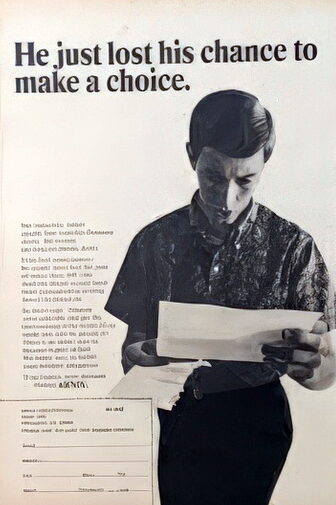
I graduated from Erie Community College in 1968 and applied to the University of Buffalo’s School of Architecture. However, the Tet Offensive had erupted, two patrol boats of ours had been captured in the Gulf of Tonkin, and a US airbase in Pleiku had come under attack, leading the then commander of US forces, General Westmoreland, to contact LBJ for help.
President Johnson could not find enough volunteer troops to send to Vietnam, so he reinstated the draft. Since I was technically between schools during summer break and not actively enrolled in school at the time, I was drafted into the Army and had to report for active duty on January 2nd, 1969.
I did not volunteer – I was drafted.
Whether you were in the service for several years or as a career, please describe the direction or path you took. Where did you go to basic training, and what units, bases, or squadrons were you assigned to? What was your reason for leaving?

The reason for leaving was that the Infantry was not on my career path to architecture. I fulfilled my obligation and resumed civilian life, pursuing my career. My original goal was to attend the local university after junior college, but Vietnam interrupted my plans.
One tour of combat is enough for most folks, and I was no exception. To this day, I believe I had a guardian angel who worked overtime on my behalf. It was time to give us both a rest.
I went back to school for architecture after my children were grown.
If you participated in any military operations, including combat, humanitarian, and peacekeeping operations, please describe those that made a lasting impact on you and, if life-changing, in what way?

The village seal at Phu Hoa Dong lasted 13 days in September 1969, during which I experienced combat, earned a promotion from PFC to Spec 4, and received a Bronze Star. The battalion had suspected a large VC / NVA contingent inside the village and made plans to contain them with a village seal. The night before this occurred, a long-range recon patrol had been hit inside the village that my platoon was sent in to rescue. In the dark of night, on several APCs driven by ARVN, we located the group inside the local farmers’ market building. I called in for Medivac, and we hunkered down for the night.
After a day or so, once logistics had been worked out, the Battalion organized all participating units and sent us into the village around its perimeter. We were supposed to have five, four-man positions, but another unit had taken the spot I was to be in, so we made four, five-man positions instead.
My squad leader ordered us to dig in, snapped all our ponchos together, and made a tent cover because Sept is monsoon season, and we did not need our foxhole full of water. At night, we were sniped at from inside the village, and Sarge told us when on guard to try to locate the source. At night, this was easy because the muzzle flash gave the sniper’s position away. Sarge launched a L.A.W. at the sniper’s hooch, taking him out.
The next night while on guard in our foxhole, while I was on guard duty, a huge explosion came from the position next to ours that we would have been in. They were only about 20 feet away and had set up next to a bush that, unknown to them, was a cover over a trap door to a tunnel system that the enemy used to make their breakout. Everyone in that position was killed. I wheeled around with my rifle and engaged the enemy. There was no time to wake the others in my foxhole since it looked like the VC was going to run behind each one of ours with guns and explosives. Besides, I figured that the noise alone would wake them and began firing back, forcing the VC into the tall grass outside the village.
It was my first taste of combat (I carried a radio and was usually too preoccupied with that to fire a weapon, but in this case, there was no choice). I experienced real fear of seeing my life pass before my eyes while engaging VC, who had just demolished a squad position next to ours. Anyone who says they were not scared during a firefight is a liar.
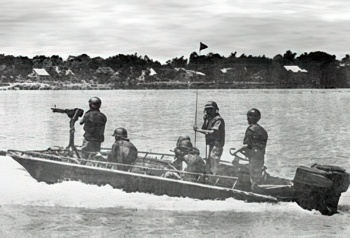
The next mission was a month-long patrol on the Saigon River in Corps of Engineers 18-foot fiberglass flat-bottom ski barges. These smaller crafts were used to navigate tributaries where the larger PBRs had difficulty turning around, and they became our backup.
We set up in groups of 2 boats, and one or the other pair of boats blew an ambush every night for a solid month. My last ambush started just after I helped the Lt. join 2 M-60 ammo boxes together so that he could have more ammo in case we blew another ambush. I had just turned dark when I spotted a light on the shore at the end of this tributary and heard the sound of people pushing a small boat over the mudflats headed our way. The LT locked and loaded, and I began launching flares. When I ran out of hand flares, I grabbed the grenade launcher and used up his flares. At that point, the RTO Randy, in the boat behind us, began calling in for ARTY illumination, and I began firing H.E. rounds into the boat. There were no survivors.
In the end, Sunny, who was in country 11 and a half months and itching to get out of the field after this mission, couldn’t wait another minute, put a rifle to his foot, and pulled the trigger. Had he waited just one more week, he might have gotten his wish since President Nixon called my unit to go home as part of his troop withdrawal program. Sunny’s desperate act to get out of the field pushed me to the head of the line to come home, and I made the list to leave serving on the honor guard that escorted the division colors to Fort Riley, Kansas. I had 4 close calls with death, and my guardian angel and I needed a rest, so I got on the plane and never looked back.
I vowed to live the rest of my life in peace.
Did you encounter any situation during your military service when you believed there was a possibility you might not survive? if so, please describe what happened and what was the outcome.

There were several instances where I believe divine intervention played a role.
In the late summer of 1969, we were to go out on an op. It had just begun the rainy season, and the streams were swollen. There were no papasans around to ferry us across, so the Lt. decided to do a rope crossing. I carried a radio, a spare battery, extra M-60 ammunition, grenades, Claymore mines, and my backpack, which contained food and water. Needless to say, I could barely walk. I hesitated, but the Lt. said Jump in. I grabbed the rope and immediately went under and passed out. A new replacement named Billy pulled me out. Billy was a huge farm kid from the Midwest who had lied about his age to impress a girlfriend and enlisted in the Army. He was discovered shortly thereafter and sent home. I believe he was there just at the right time and was my guardian angel that day.
The second episode involved a company-wide sweep, where each platoon was to link up, align in an elephant style, turn 90 degrees, and stalk the VC. The Lt. and I were at the rear of our platoon when the point man behind us, not more than a car length away, tripped with his finger on the trigger of his M-16 and with the safety off. When he fell and hit the ground, he discharged the entire clip, but not a single round hit us. When we turned to see what had just happened, this man was face down with the weapon pointed directly at us. There was no way he could have missed, but to this day, I believe it was divine intervention that saved the Lt. and me.
Of all your duty stations or assignments, which one do you have fondest memories of and why? Which was your least favorite?

My fondest memory was taking the honor flight home and touching down in California. It gave me a much greater appreciation for being an American. I was treated to a steak and potato dinner and cried, remembering the children I had seen digging through garbage for food in Vietnam. It was both a joy and a 0sadness at the same time in an emotional moment that is hard to describe. Feelings of guilt overcame me, having this great dinner while the kids were starving because of the war. The sadness was leaving my unit friends behind, since Nixon did not pull out the entire unit – he only made it look that way. What he did was to take other soldiers from other units destined to rotate home, put our patches on their shoulders, and use soldiers from the Big Red One who did not have enough time in country as their replacements. The ruse worked.
The least favorite time for me was being stuck in the Oakland transfer depot. While there, I was being held back for a week, 18 hours a day, awaiting my trip to Vietnam. This, to me, was more annoying than combat.
From your entire military service, describe any memories you still reflect back on to this day.

The people are what I remember most, especially my D.I.s. I liked them all. At the time, as a young man, I was self-centered and moody. The Army exposed me to many different cultures and gave me a greater sense of teamwork that I might not have gained elsewhere.
I learned that men from different backgrounds could work together, putting aside the life teachings about segregation to the contrary. It made me appreciate the things we Americans take for granted and gave me a sense of pride upon making it home. An experience I hope many young people can have today, and perhaps the country would not be so divided.
What professional achievements are you most proud of from your military career?
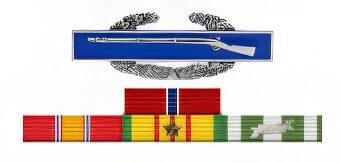
Achieving rank in such a short time was a proud moment. Stateside duty offered me the opportunity to rise in rank to E-6, but I had plans for a career in architecture, not infantry, and the thought of crawling around in desert sands (the topic of discussions even back in 1970) was not on my priority list. Maybe if things had been different, who knows? But infantry was not for me.
The surprise was receiving my Bronze Star 40 years after I returned home. The paperwork took a long time to catch up with me, I guess.
Of all the medals, awards, formal presentations, qualification badges you received, or other memorabilia, which one is the most meaningful to you and why?

My Bronze Star has a special meaning. It was completely unexpected. After all, I was just doing my job, helping to protect our squad, never dreaming an award was necessary. It showed me that all that training paid off, and in times of difficulties, instincts took over, and I proved that, in the face of fear, I stood my ground and instinctively fired my weapon just as I had been taught.
Which individual(s) from your time in the military stand out as having the most positive impact on you and why?
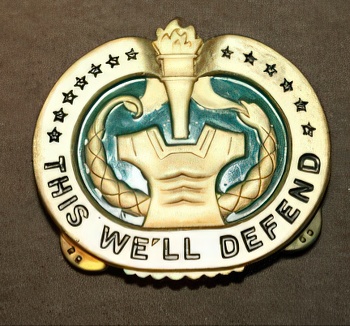
My first Sergeant in Vietnam comes to mind. He made no bones about who ran the company area and made sure all the platoon leaders and officers knew it. He provided me with fatherly advice when needed and served as a role model for professionalism and dedication to duty that follows me to this day.
My drill instructors in basic and A.I.T. were tough but fair, and I credit them with teaching me the skills to stay alive.
List the names of old friends you served with, at which locations, and recount what you remember most about them. Indicate those you are already in touch with and those you would like to make contact with.
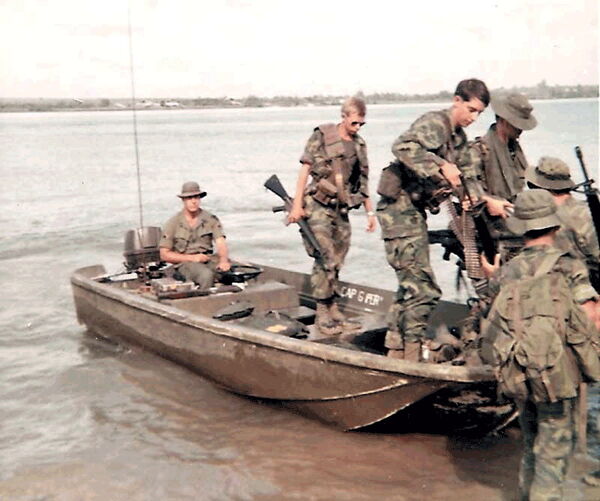
Jimmy Sullivan was an African American, and I considered him my big brother. We hit it off right away. My Platoon Sergeant, Bill, I admired. Randy Forsell was right behind me most of the time and entered service a few weeks behind me. He was also an RTO but did not make the cut to leave when the Division was recalled. He died from cancer related to Agent Orange.
A rifleman named Coburn comes to mind, helping me get my head on straight. Randy was the only member of my unit whom I could locate.
There were others, like Doc Storley, our medic, Donohue, and “Bear,” our machine gunners, Ron Fox, a good old southern boy and good friend, and others whose names are hard to remember.
Can you recount a particular incident from your service, which may or may not have been funny at the time, but still makes you laugh?
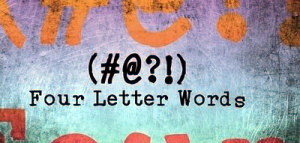
Plenty, but one in particular. Some guys used drugs or alcohol to relieve stress in the field – I used humor.
Since I carried a radio, I had the responsibility of calling in our locations based on map coordinates, which were based on 4-digit numbers. Vertical and horizontal map lines all had 4-digit numbers, which had to be encoded and sent off to HQ several times a day. The code sheets had numbers 1 through 10 across the top and down one-sided, with the alphabet scrambled throughout. With 100 possibilities and only 26 letters available, there were duplicates, making it easy to form 4-letter words. This became my own personal Scrabble game.
What profession did you follow after your military service, and what are you doing now? If you are currently serving, what is your present occupational specialty?
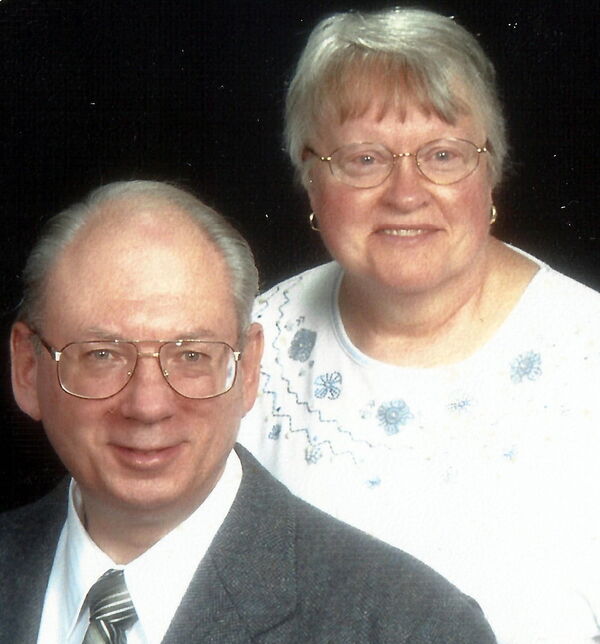
I left the Army Infantry to pursue a career in Architecture and retired for medical reasons in 2009.
What military associations are you a member of, if any? What specific benefits do you derive from your memberships?
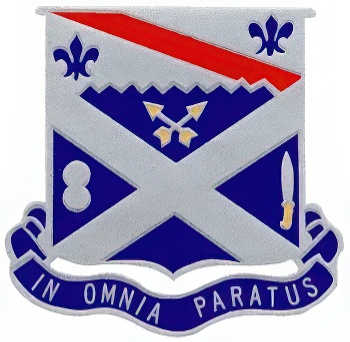
I do not belong to any association other than the 18th Infantry Association. I joined with the hopes of locating former platoon members, but was disappointed to learn that none had joined.
In what ways has serving in the military influenced the way you have approached your life and your career? What do you miss most about your time in the service?
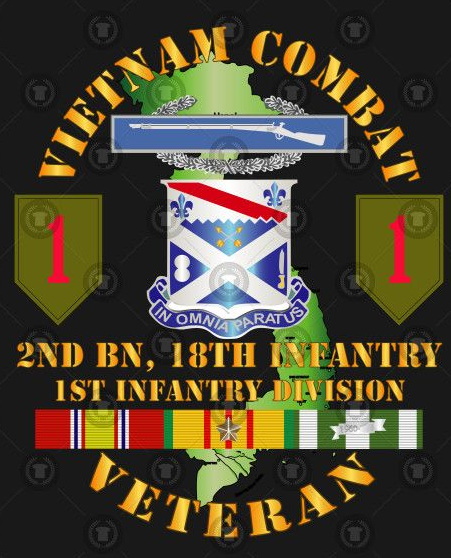
The military gave me a sense of teamwork and leadership. It opened my eyes to the fact that people from other ethnic groups share the same hopes and dreams as I do, and some of them have even become good friends while serving. It gave me a greater appreciation for being an American. There is not much about the infantry that I miss. The weeks of being in the same clothes (often wet) without a chance to get clean, the cold meals on six man ambush so that we would not give our position away because of cooking fires or the smell of cooked food, the constant assault by insects and reptiles, and the loneliness and boredom punctuated by a moment of sheer terror I can do without.
Based on your own experiences, what advice would you give to those who have recently joined the Army?
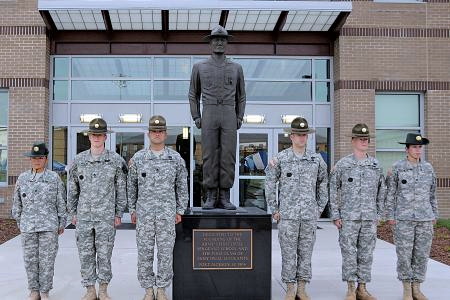
Pay attention to your drill instructor – seriously. He/she is your lifeline, teaching you to survive while carrying our mission. They build confidence and care enough to ensure that you learn enough to return home – the rest is up to you.
In what ways has TogetherWeServed.com helped you remember your military service and the friends you served with?
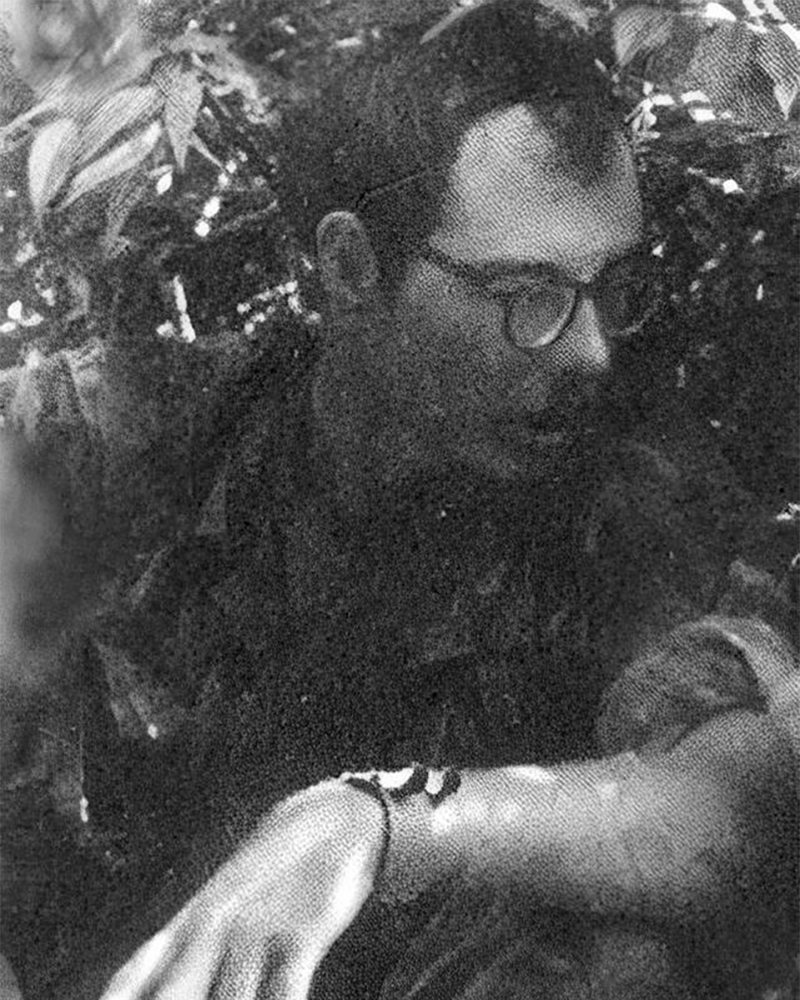
It has provided me with an outlet that shows I am not alone in this. That many others have made this journey, and that there is a support group if needed. I only wish more vets would take advantage.
PRESERVE YOUR OWN SERVICE MEMORIES!
Boot Camp, Units, Combat Operations
Join Togetherweserved.com to Create a Legacy of Your Service
U.S. Marine Corps, U.S. Navy, U.S. Air Force, U.S. Army, U.S. Coast Guard

0 Comments